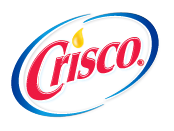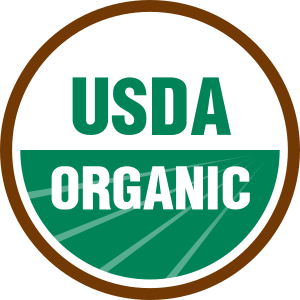The effect of chemicals on our endocrine systems has been well researched and documented. The article below by Fast Company asserts that chemicals also contribute to the obesity problem by causing our stem cells to become fat cells.
We can make conscious choices to reduce our exposure to chemicals by our choice of utensils, food, and elimination of chemicals in our homes, and workplaces. However, chemicals are so insidious in the environment -- our water, air, soil, grass and workplaces all have chemicals that can impact us in a very negative way.
For instance, looking at the ads from hardware stores is just frightening! There are so many chemical solutions -- fertilizers, herbicides and pesticides -- for lawns and gardens, and very few organic and natural solutions! In each of the hardware stores that I visit, there are lots of chemical fertilizers, herbicides and pesticides and very few organic and natural options.
Just take a look at the weekly newspaper inserts and ads on TV. Spring and Summer are here - let's add more chemicals to our gardens, spray everything in sight, and pollute our rivers, lakes, oceans and waterways! No wonder there is such a dearth of bees, birds and butterflies!
If people would just stop buying these chemicals, the chemical companies that manufacture them will be forced to research and come up with natural solutions!
=========
Chemicals Aren’t Why You’re Fat, But They’re Making You Fatter
A chemical that can be found almost everywhere causes stem cells to become fat cells. It won’t make you fat on your own, but it makes your crappy diet a lot worse for you. How can you avoid it?
BPA, a potentially toxic estrogen-mimicking compound used in plastic production, has been linked to obesity in the past. That’s bad news; BPA is in everything from soup cans to store receipts. But this is even worse: a chemical that breaks down into BPA can cause stem cells to become fat cells. And we’re exposed to a whole lot more of that chemical than BPA.
According to a study published this week in Environmental Health Perspectives, the chemical, bisphenol A diglycidyl ether (BADGE), was once thought to actually inhibit the production of fat cells--in other words, scientists thought it stopped us from gaining weight. The scientists behind the study were operating on that assumption when they discovered that BADGE is actually an obesogen, meaning it promotes weight gain.
Source: read more ...
Related articles





